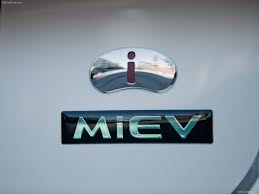klindholm
Active member
Article on the 7 most affordable EVs:
http://wallstcheatsheet.com/automobiles/7-most-affordable-electric-vehicles-on-the-u-s-market.html/?a=viewall
http://wallstcheatsheet.com/automobiles/7-most-affordable-electric-vehicles-on-the-u-s-market.html/?a=viewall


































